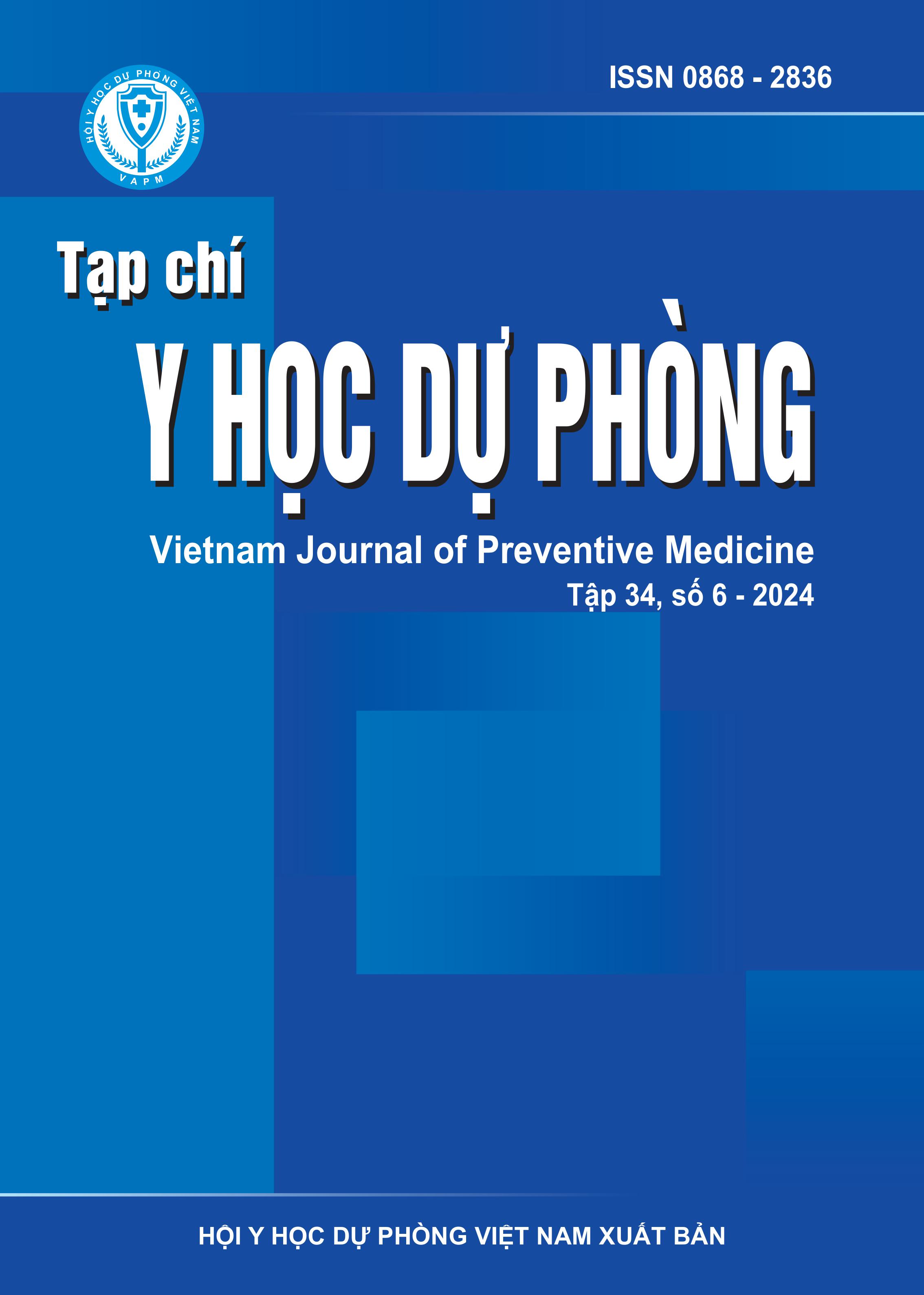Establishment and Quality Assessment of Extended Cell Banks (ECB) from RK13 CCL-37 Cell Line Batch 01/18 and Vero 76-NICVB/WCB01-19 National Standards for Measles and Rubella Vaccine Testing at POLYVAC
DOI:
https://doi.org/10.51403/0868-2836/2024/1912Keywords:
RK13 cells, Vero76 cells, measles vaccine testing, rubella vaccine testingAbstract
Animal-derived continuous cell lines have been commonly used in vaccine testing processes to ensure the safety and efficacy of vaccine batches before market release. POLYVAC has used Vero FV66 and RK13 cell lines in potency testing, measles antibody (Vero), rubella antibody (RK13), identification, and foreign agent detection (TNNL) for vaccine quality control. With the aim of establishing new cell sources with a short passage life, suitable for testing, we set up two working cell banks: Vero76-ECB-0123(P4) (Vero76- ECB) and RK13-ECB-0124(P4) (RK13-ECB), derived from Vero76-CRLNICVB/WCB01- 19-1587 and RK13-CCL-37 Batch 01/18, provided by the National Institute for Control of Vaccine and Biologicals (NICVB). As a result, we obtained 66 vials of Vero76-ECB-0123(P4) and 137 vials of RK13-ECB-0124(P4), with a cell concentration of 5x10^6 cells/ml/vial, at passage 4 (P4). The established working cell banks met the required quality standards for sterility, Mycoplasma contamination, cell viability, homogeneity, and foreign agents according to the World Health Organization (WHO TRS978, Part 3, 2013) standards. The research results also showed that the cell lines at passage 52 still yielded good and accurate results, comparable to the cells currently used at POLYVAC for vaccine quality testing (potency, foreign agent detection, identification), as well as for antigen and antibody titer determination.
Downloads
Downloads
Published
How to Cite
Issue
Section
License
Publication License No 150/GP-BTTTT signed on May 8, 2014;
Electronic Publication License No 322/GP-BTTTT signed on June 15, 2016.


